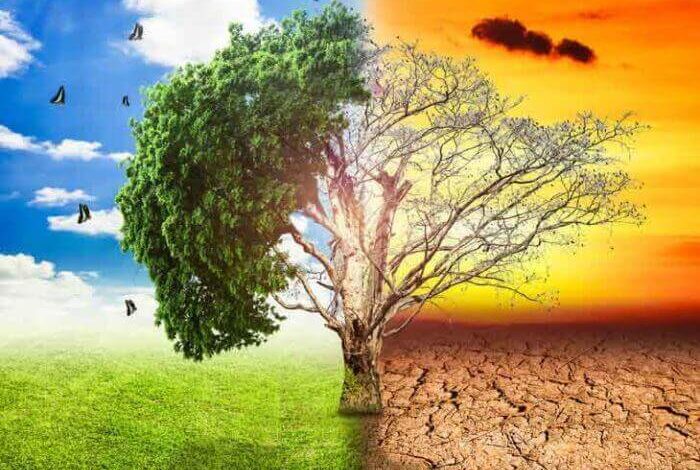Climate change is a global challenge that does not only affected a person’s physical health but has also been found to affect mental health in a substantial way. Recently, a new study has revealed that climate change may trigger higher suicide rates in the upcoming decades due to the rise of Earth’s temperature.
Study estimates 21,000 more suicides by year 2050.
The study published in Nature Climate Change, led by Stanford economist Marshall Burke, aimed to find out the role temperature plays in suicidal ideations. It was able to predict that temperature inflation by 2050 could be responsible for more than 21,000 suicides in the United States and Mexico.
Marshall Burke, assistant professor of Earth system science in the School of Earth, Energy & Environmental Sciences at Stanford, states the following:
“When talking about climate change, it’s often easy to think in abstractions. But the thousands of additional suicides that are likely to occur as a result of unmitigated climate change are not just a number, they represent tragic losses for families across the country.”
Researchers utilize historical temperature and social media language to analyze suicide rates.
To find out what kind of role temperature plays in suicidal rates, researchers compared the effect of rising temperatures and the historical suicide data of U.S. counties and Mexican municipalities over several decades. They also analyzed depressive feelings through social media postings to further evaluate if whether or not climate change trigger higher suicidal rates.
The results inevitably suggest that climate change may trigger higher suicide rates and that hotter temperature increased both suicide rates and the use of depressive language on social media.
Furthermore, researchers found a 1-degree Celsius increase in average temperature every month correlated with spiking in suicide markings: 0.7% in the US and 2.1% in Mexico. This data was used to calculate suicide rates which are estimated to increase by 1.4 percent in the US and 2.3 percent in Mexico by 2050.
The conclusions of the study are in concordance with the facts revealed in another study published in 2015 which stated that increasing ambient temperatures, particularly heat is likely to increase rates of aggression and violent suicides, while prolonged droughts due to climate change can lead to more number of farmer suicides.
However, Burke also states: “If we reduce future temperature increase, it doesn’t matter where you are, the U.S. or Mexico, you are going to benefit from that reduction.”
Currently, suicide is the Nation’s tenth dominant cause of death. Every year more than 44,000 Americans decide to commit suicide. That is an average of 123 suicides per day. According to data from the National Survey of Drug Use and Mental Health (NSUDH) 2016, an estimated 0.5 percent of the US adults aged 18 and older have attempted suicide at least once. 0.5 percent doesn’t sound like a large number, however, 0.5 corresponds to 1.3 million people
Steps toward suicide prevention.
As found earlier, climate change may trigger higher suicide rates but suicide is often caused by a number of multiple risk factors which includes being inadequately treated for a mental health condition. Unaddressed suicidal thoughts or self-medication pertaining to the stigma attached to mental health, which is a major issue in our society, is also a major factor contributing to suicide. In 2016, it was estimated that one in five U.S. adults, approximately 44.7 million, were diagnosed with a mental illness. Mental illnesses affect a person’s thoughts, feelings, and behaviors and differ in their degree of severity. Hence, the first step to suicide prevention is providing a struggling individual with quality mental health care and treatment.
At AKUA Mind & Body, our clinical team understands that focusing solely on mental health can help one recover from their life-estranging mental health problems. We offer specialized treatment programs for men and women with trauma, mental health issues and substance use disorders in Northern and Southern California. To learn more about our treatment programs, please call our 24/7 Admissions helpline for a confidential assessment




